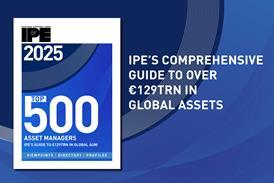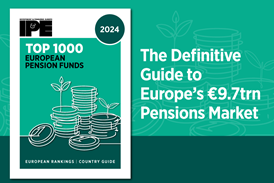The debate about the merits of so-called fundamental indices will be enlivened by claims that a new computer-driven ‘merit-based’ index – from boutique firm London & Capital – has consistently “trounced” the NASDAQ, S&P 500 and Dow Jones Industrial Average.
Broadly speaking, fundamental indices only include companies with strong fundamentals such as cash flow and dividends. They ignore factors such as market capitalisation: they’re ‘valuation-indifferent’ in the jargon. Indeed some might argue that they stretch the term ‘index’ to breaking point.
The development was signalled just under a year ago when FTSE and
Rob Arnott’s Research Affiliates announced an agreement to work together on fundamental indices. Arnott maintains there’s a defect in market capitalisation-weighted indices, which select and allocate stocks by market value.
Arnott and others believe returns on cap-weighted indices suffer because of their tendency to overweight stocks that are trading above their true fair value.
But not everyone thinks the new development is a good idea. Standard & Poor’s for one is not in favour, Indeed, Arnott has debated the issue with Standard & Poor’s index committee chairman David Blitzer at industry events.
“The US and international evidence illustrate powerfully that using a composite of company fundamentals to create index weights leads to better indices,” wrote RA’s Jason Hsu and FTSE’s Carmen Campollo in a recent edition of the Journal of Indexes.
Now London & Capital says its MarketGrader – which uses quantitative filters based around four key variables (growth, value, profit and cash flow) – has returned 181.5% over the past three years.
“The rules-based, quant-driven index, which re-evaluates more than 5,700 US equities every quarter to select a basket of 40 stocks, has consistently outperformed the NASDAQ, the S&P 500 and Dow Jones equities indices,” L&C said.
“This enhanced index undergoes a pronounced self-correction every quarter, ensuring that holdings which have experienced a particularly strong price upside in the preceding quarter are likely to be disposed of, in favour of undervalued opportunities,” said London & Capital’s chief investment officer Ashok Shah.
“This is in marked contrast to the S&P and Dow Jones, which do not select stocks on the basis of fundamentals.”






















No comments yet